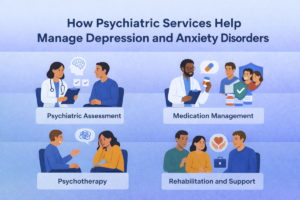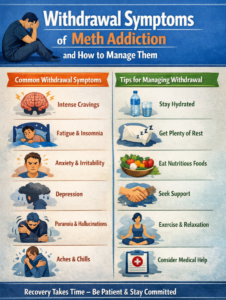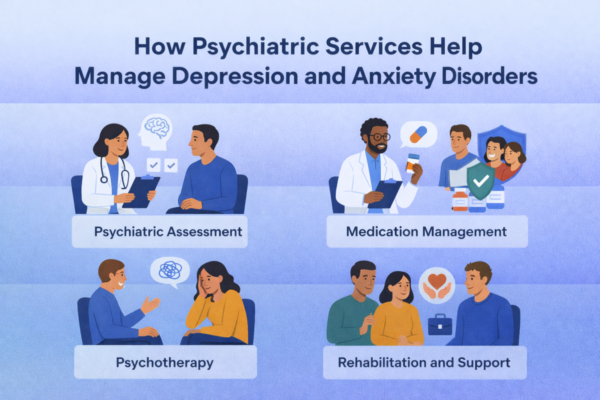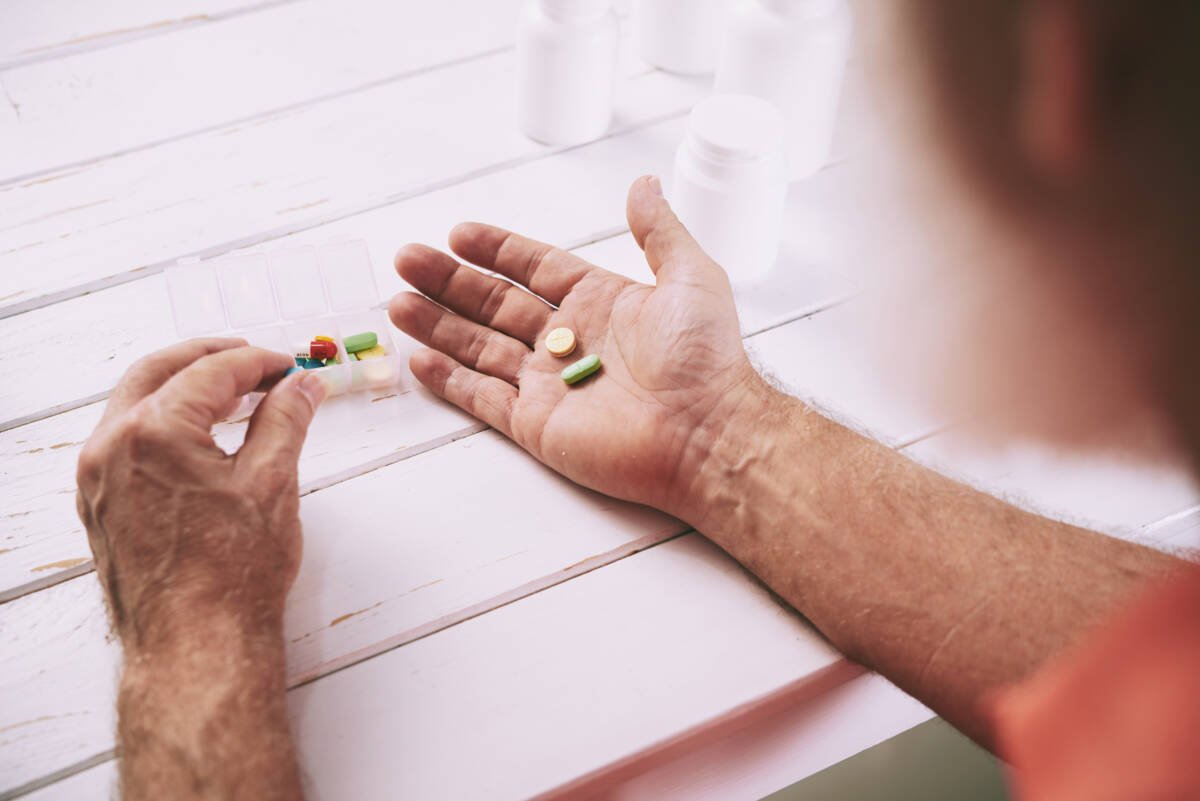
Introduction: Understanding Ecstasy and Its Popularity
Ecstasy, also known as MDMA (3,4-methylenedioxymethamphetamine), is a synthetic psychoactive drug that has gained popularity, particularly among young adults and party-goers. Commonly used at raves, music festivals, and clubs, ecstasy is often perceived as a “safe” party drug. However, this misconception hides the dangerous and long-term effects of ecstasy on the brain and body.
At New Hope Rehab and Caring Center Islamabad, we’ve seen firsthand how ecstasy abuse can severely damage a person’s mental and physical health. In this article, we’ll explore how ecstasy affects brain chemistry, the body’s vital systems, and how proper addiction treatment in Islamabad can help individuals recover.
What Is Ecstasy and How Does It Work?
Ecstasy is a stimulant and hallucinogen that alters mood and perception. It increases the activity of three key brain chemicals:
-
Serotonin: Regulates mood, appetite, and sleep.
-
Dopamine: Affects pleasure and reward.
-
Norepinephrine: Increases heart rate and blood pressure.
When someone takes ecstasy, these neurotransmitters are released in large amounts, creating intense feelings of euphoria, emotional closeness, and heightened energy. However, this surge is short-lived, and the long-term effects of ecstasy use can lead to severe neurological and physical health issues.
Long-Term Effects of Ecstasy on the Brain
1. Serotonin Depletion and Mood Disorders
Repeated use of ecstasy leads to serotonin depletion, which can result in long-lasting mood disturbances. Users often experience:
-
Chronic depression
-
Anxiety and panic attacks
-
Irritability
-
Emotional instability
Studies show that even occasional use can damage serotonin-producing neurons, potentially causing permanent changes in brain chemistry.
2. Memory Loss and Cognitive Impairment
Long-term ecstasy abuse impairs memory and learning. Brain imaging studies reveal that MDMA damages areas responsible for short-term memory, attention span, and decision-making. Many users report struggling with focus, concentration, and problem-solving even months after stopping use.
3. Sleep Disorders
Disruption in serotonin levels also affects sleep patterns, leading to insomnia, restless nights, and fatigue. Poor sleep contributes to worsening mental health, creating a vicious cycle for users.
Long-Term Effects of Ecstasy on the Body
1. Heart and Cardiovascular Problems
As a stimulant, ecstasy increases heart rate and blood pressure, putting users at risk for:
-
Irregular heartbeat
-
Hypertension
-
Increased risk of heart attack or stroke
Frequent use can weaken the heart muscles, leading to cardiovascular diseases later in life.
2. Liver and Kidney Damage
Ecstasy can cause acute liver failure and kidney damage, especially when used in high doses or mixed with other substances. Dehydration and overheating, common during prolonged physical activity at parties, can lead to life-threatening complications.
3. Immune System Suppression
Research suggests that chronic ecstasy use can weaken the immune system, making individuals more susceptible to infections and illnesses.
Psychological Consequences of Long-Term Ecstasy Abuse
1. Addiction and Dependency
While ecstasy may not cause immediate physical dependency like opioids or alcohol, many users develop psychological dependence. This leads to compulsive drug-seeking behavior, tolerance, and increased dosage over time.
2. Psychosis and Hallucinations
Some long-term users experience psychotic episodes, hallucinations, and delusions. These can persist even after the drug wears off, sometimes requiring intensive psychiatric care.
3. Increased Risk of Mental Illness
Ecstasy abuse increases the risk of developing mental health disorders such as schizophrenia, bipolar disorder, and major depression. Those with a family history of mental illness are particularly vulnerable.
Social and Behavioral Consequences
Long-term ecstasy use doesn’t only affect health—it also has significant social consequences, including:
-
Poor academic or job performance
-
Relationship breakdowns
-
Financial difficulties due to drug spending
-
Legal issues from drug possession or behavior under influence
Many users become socially isolated, which worsens mental health and makes addiction recovery more challenging.
The Importance of Professional Ecstasy Addiction Treatment
Recovering from ecstasy abuse requires comprehensive and professional treatment. At New Hope Rehab and Caring Center Islamabad, we offer a holistic approach that includes:
1. Medical Detoxification
Safe removal of MDMA from the body under medical supervision to manage withdrawal symptoms such as fatigue, depression, and anxiety.
2. Individual and Group Therapy
Evidence-based therapies like Cognitive Behavioral Therapy (CBT) help patients understand triggers, build coping skills, and change harmful thought patterns.
3. Psychiatric Evaluation
Our team conducts thorough mental health assessments to treat co-occurring disorders like anxiety, PTSD, or depression.
4. Nutritional and Wellness Programs
Nutrition plays a vital role in recovery. We provide personalized diet plans and fitness programs to support physical healing.
5. Aftercare and Support Groups
Long-term support through relapse prevention planning and group therapy ensures sustainable recovery.
Why Choose New Hope Rehab and Caring Center Islamabad?
At New Hope Rehab, we prioritize compassionate care, confidentiality, and evidence-based treatment tailored to each individual. Our facility offers:
-
24/7 medical care
-
Experienced addiction specialists
-
Customized recovery plans
-
Peaceful, healing environment
-
Affordable treatment packages
Our goal is to help you or your loved one reclaim life from ecstasy addiction and build a healthy, fulfilling future.
Conclusion: Act Early for a Healthier Future
Ecstasy may seem harmless to some, but the long-term effects on the brain and body can be devastating. If you or someone you care about is struggling with ecstasy use, don’t wait for irreversible damage. Early intervention and professional treatment are key to full recovery.
Reach out to New Hope Rehab and Caring Center Islamabad today for expert support, compassionate care, and a brighter tomorrow.











